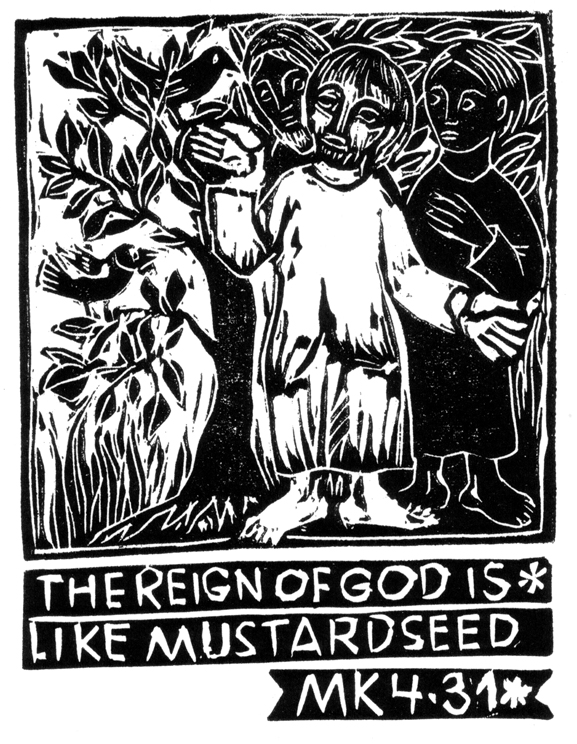by Msgr. Joseph Calise

In the very first year of my very first assignment, the pastor gave me an awesome responsibility. As young and new as I was to the ministry, I was not only to moderate Bingo, but I was to start up a program.
It had been many years since there was a regular weekly Bingo game in the parish. The school needed some additional subsidy, so the staff figured we should at least give it a try. Since I had come to know many of the school parents, I seemed the likely choice to get the volunteers together. It was a lot of work – more than I had imagined.
There was some equipment that was still around from years before which needed a bit of cleaning, but there were also many supplies that needed to be identified and ordered. There were registrations with the city and tax offices that had to be complete, volunteers had to be recruited and publicity was essential.
But, we did it. The volunteers who stepped forward knew what they were doing and did it well. People came and had a good time. The parish began to show a profit very quickly. It was not long before the Bingo account had more than $10,000 over the prudent reserve that was necessary for upcoming expenses. I was very proud of not only how quickly the program had grown but also of how well it had grown.
Then, one day I was horrified. The pastor asked me for a check from the account. He wanted some of the profits to be turned over to the school. Forgetting that it was for the school that the enterprise was originally undertaken, I could not understand why he wanted to destroy all the good work that had been done. Of course, it did not take long for me to realize that writing that check was a sign of the success of the work my crew had done. They were not looking to make money for the sake of feeding a larger bank account but were working towards enabling a better education for the children of the parish. It was only when the fruit of their labor was reaped that their ultimate goal could be realized.
In today’s Gospel, there are two parables. The well known parable of the mustard seed encourages growth. The smallest of seeds becomes the largest of shrubs.
Certainly, the Church does not appear the same today as in the days of the apostles. The Gospel message compels us to increase the Church by proclamation.
As a matter of fact, if we compare the geographical area Christ walked to that walked by the apostles and then to the lands of the Gospel message today, growth becomes obvious and measureable.
However, our personal spiritual lives are also called to growth. I do not pray today the same as I did when I was 10. I do not talk to my friends the same way I did decades ago. Why should I talk to God that way?
On many levels, the parable of the mustard seed invites growth. But that is not the only parable we hear today. The Gospel opens by comparing the kingdom of God to the seed that is planted, grows, bears fruit and is harvested. It is that harvesting which is the purpose of the growth. It is the quality of the yield that attests the growth was healthy.
If bad fruit were produced, no matter how large the plant, it would not have served its purpose. Poor men can be selfish and wealthy men generous. Educated men can make imprudent decisions and the uneducated can prove themselves wise. Talented people can be boring and the simple ones enthralling. Holier-than-thous can be far from the kingdom and penitent sinners at heaven’s door.
Today’s Gospel offers us a great challenge in reflection. We are invited not only to examine the growth we have experienced in our lives but also to ask what fruit that growth has brought forth. If we have truly grown in our understanding of the Gospel and our love for Christ, that growth will be manifest in our love for one another.[hr] Readings for the 11th Sunday in Ordinary Time
Ezekiel 17: 22-24
Psalm 92: 2-3, 13-14, 15-16
2 Corinthians 5: 6-10
Mark 4: 26-34[hr] Msgr. Calise is the pastor of Our Lady of Mount Carmel parish, Williamsburg.
